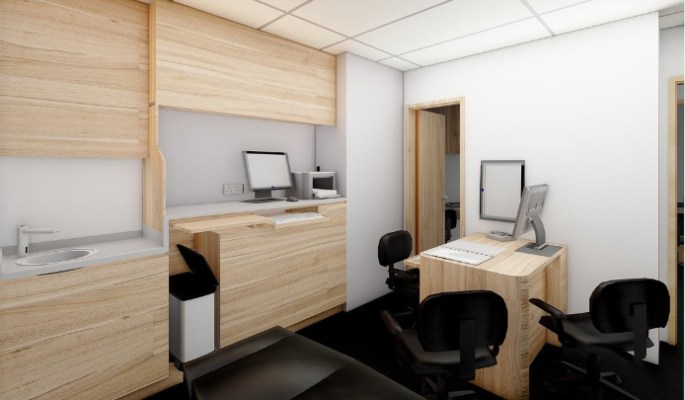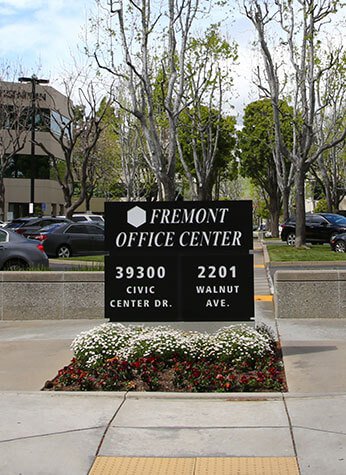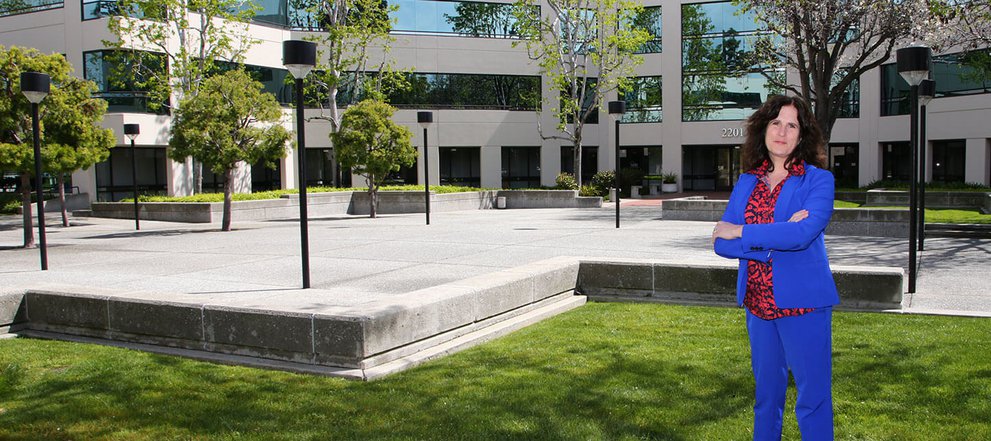5 Critical Aspects of a Franchise Agreement—What to Know Before You Sign
Franchises are one of the most popular business models in California. According to data from the International Franchise Association (IFA), there are approximately 76,000 franchise businesses operating in the state. The franchise agreement is the foundation of the relationship between the franchisor and the franchisee. As a prospective franchisee, you need to carefully review the terms of the contract. Here, our Fremont business law attorney highlights five critical aspects of a franchise agreement and explains the key things to know before you sign in California.
California Regulates Franchise Agreements—But Contract Language is Still Key
The California Franchise Relations Act (CFRA) is a state law that establishes a regulatory framework for franchise relationships. It was passed, in large part, to establish protections for franchisees. The CFRA aims to foster fair business practices and safeguard the interests of California franchisees. Along with other key issues, the law regulates:
- Jurisdiction;
- Termination;
- Nonrenewal;
- Transfer of rights;
- Inventory repurchases;
- Arbitration clauses; and
- Venue selection.
While California law provides some important legal protections to franchisees, it is imperative to emphasize that the relationship between the franchisor and the franchisee is still primarily governed by the franchise agreement. You should ensure that your franchise agreement is reviewed by a California business lawyer who has experience representing franchisees.
Note: The California legislature recently passed Assembly Bill 676 (AB 676) into law. It updates both the CFRA and the California Franchise Investment Law (CFIL). The state statute imposes some additional obligations/restrictions on franchisors.
Five Key Things to Look for in a Franchise Agreement in California
- The Total Cost (Start-up Investment, Ongoing Costs, etc)
Cost matters. Franchisees in California should consider both the initial investment and ongoing costs. The initial cost—often referred to as the franchise fee,—is the amount payable upfront to gain the right to operate the business. It can vary widely based on the franchise, the industry, and the specific market conditions. Of course, this is just the beginning: A franchisee in California is often also responsible for ongoing costs, such as royalty fees, marketing fees, and other expenses.
- Grant of Rights (Territorial Protection, Intellectual Property Usage, etc)
The grant of rights outlines the specific rights and restrictions that the California franchisee has under the franchise agreement. Along with other things, this may include territorial rights. These rights dictate where the franchisee can operate and provide protection from encroachment by other franchisees. Beyond that, the franchisor may grant the franchisee the right to use their IP.
- The Resources that Will Be Provided By the Franchisor
Franchisors often provide a variety of resources to franchisees to aid in their success. These resources may include comprehensive training programs, ongoing support, marketing materials, and access to proprietary systems and technology. The specifics of these resources should be clearly outlined in the California franchise agreement to ensure both parties understand their obligations.
- Duration—including Renewal Rights and Early Termination Rights
The duration of the franchise agreement defines how long the franchisee has the right to operate the business. This is usually a fixed term, often between 5 and 20 years, but it varies depending on the franchisor. Additionally, the agreement will detail the terms for renewing the contract at the end of the initial term and conditions under which the agreement can be terminated early.
- Dispute Resolution Provisions
Dispute resolution provisions are integral to any franchise agreement signed in California. They lay out the process for resolving disagreements between the franchisor and franchisee, whether they relate to contract interpretation, operational issues, or financial disputes. These provisions usually stipulate whether disputes will be handled through negotiation, mediation, arbitration, or litigation. Many franchise agreements include a mandatory arbitration provision.
Call Our Fremont, CA Franchise Law Attorney Today
Lynnette Ariathurai is a business law attorney with the skills, experience, and expertise to represent franchisees. If you have any questions about the terms or conditions of a franchise agreement, please do not hesitate to contact us today for a confidential, no obligation consultation. With an office in Fremont, we provide franchise law representation throughout the Bay Area.
Franchise agreements, franchise dispute resolution, franchise law, franchise regulations






